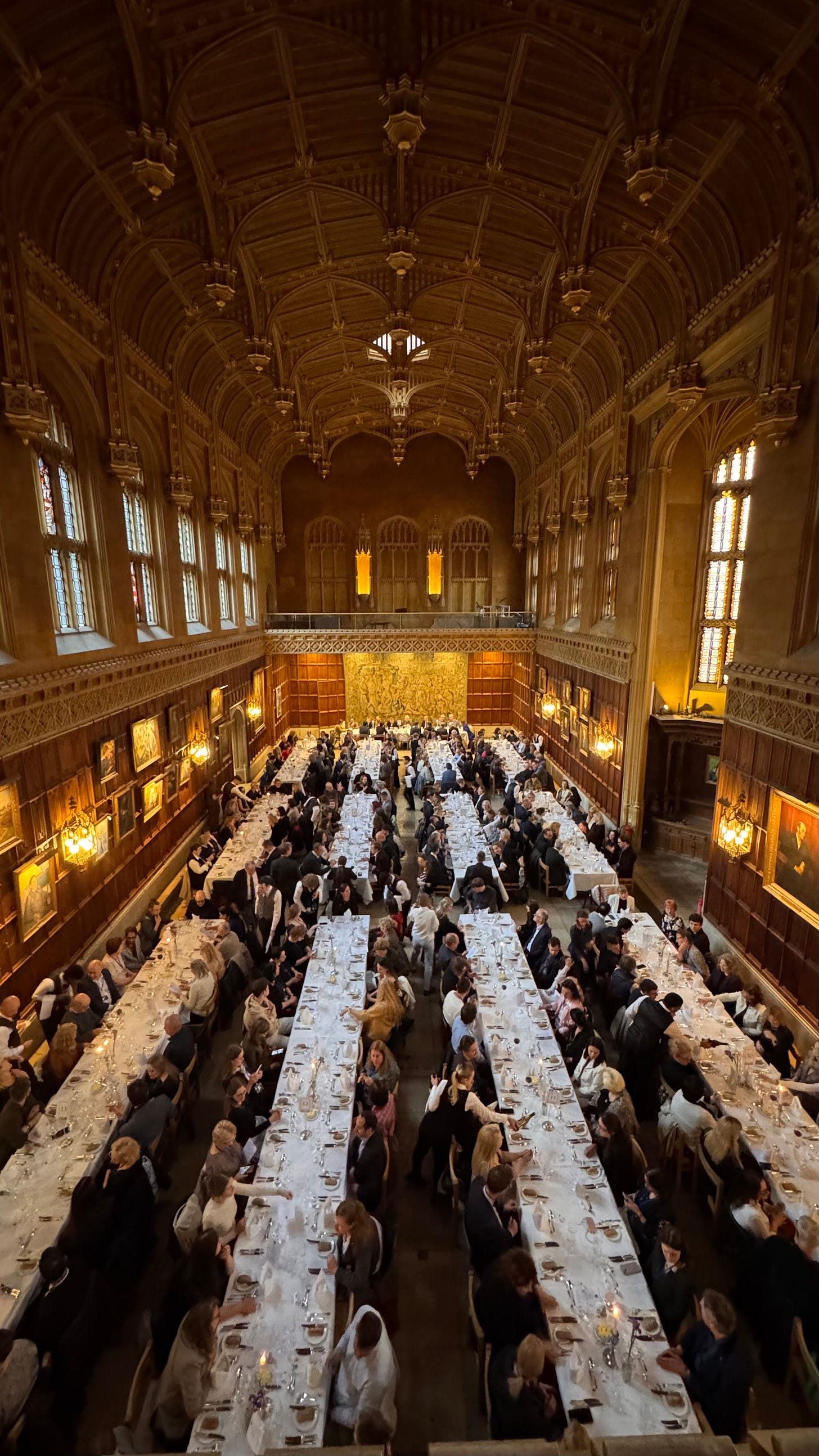Greece and the Baltics: Can small states alter the fates of great nations?
Both the Greeks and the Balts certainly think so, and have a great deal of history to prove it
A Reporter’s Notebook

CAMBRIDGE, UK - It is a conceit of powerful nations to see themselves as the deciders of the fates of others, a sentiment lately expressed by US president Donald Trump, who told his Ukrainian counterpart on February 28, “You don’t have the cards right now… I’ve empowered you to be a tough guy. I don’t think you’d be a tough guy without the United States.”
It is equally a conceit of smaller nations to see themselves as pivotal at particular moments in world affairs through the influence they exert on the great and powerful states, sometimes merely through their will to come into being.
Modern Greece had such a moment in 1824, when it persuaded British foreign secretary George Canning to adopt its quest for independence from the Ottoman Empire as a component of British imperial policy, an alliance that proved crucial to Greece’s survival as a state and later aligned Greece with the victors of two world wars. In 1918, against the wishes of the Germanophilic King Konstantine, the breakaway government of Eleftherios Venizelos threw nine divisions into the war, creating an eastern front alongside French forces that had landed in Thessaloniki. Together they broke the Austro-Hungarian forces in Serbia, forcing Germany and the Ottoman Empire to capitulate. Through sheer force of will, Greece got the great powers at Versailles to agree to its Asia Minor expedition, though the return of its royalists in 1920 ensured defeat and Catastrophe. And then Greece had another pivotal moment in the affairs of great powers, when it inflicted the first Axis defeat in 1940, pushing Mussolini back through Albania and obliging Hitler to postpone his invasion of Russia by a few weeks to clean up Mussolini’s Balkan mess.
The Baltic states have had their dog-wagging moments, too. It was Lithuania’s declaration of independence on 11 March 1990 that began the unravelling of the Soviet Union, an event Russian president Vladimir Putin has described as the greatest calamity of the 20th century. Latvia and Estonia followed a year later. The three now see themselves as a crucial component of US containment policy towards Russia.
It is this sentiment, of small nations being pivotal, that was on display at the end of April, when hundreds of delegates convened for the 16th Conference on Baltic Studies in Europe, hosted by Cambridge University’s Centre for Geopolitics.
Keep reading with a 7-day free trial
Subscribe to Hellenica to keep reading this post and get 7 days of free access to the full post archives.


